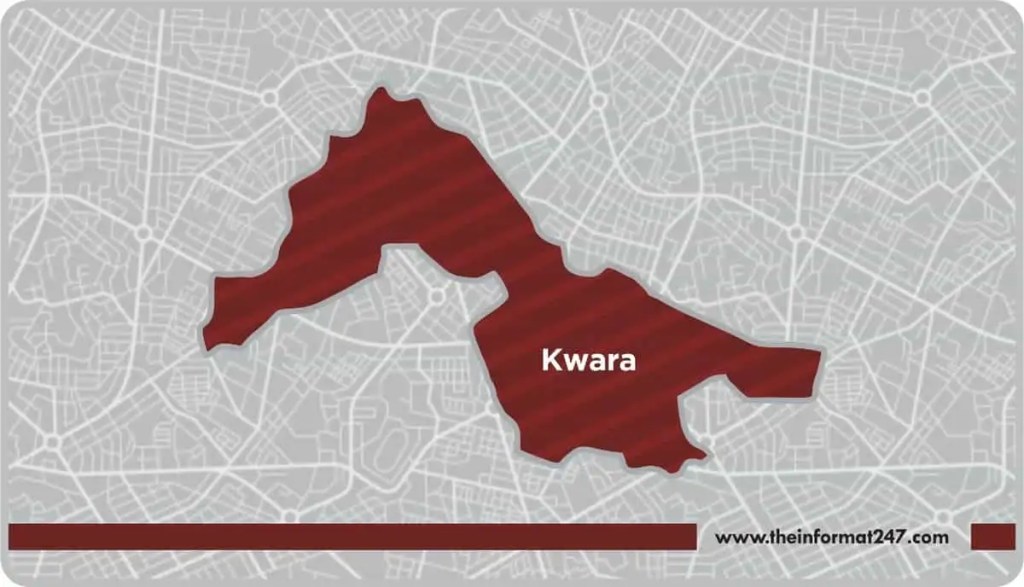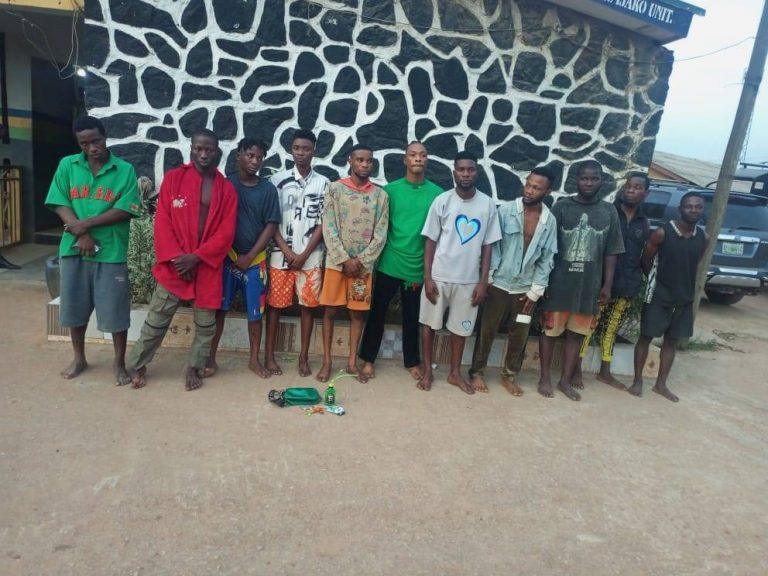100 livestock farmers trained in fodder production in Kwara
One hundred livestock farmers and value chain actors have been trained in commercial fodder production and value chain addition.
A five-day capacity-building training programme organised by the Livestock Productivity and Resilience Support Project (L-PRES), a World Bank-assisted project, was conducted by the Centre for Dryland Agriculture, Bayero University Kano (BUK) in partnership with S G Imperial Concept Limited held at the Agricultural and Rural Management Training Institute (ARMTI) at Kabba-Owode, Ifelodun Local Government Area of Kwara State.
Speaking at the closing ceremony of the training, the State Project Coordinator, Mr Olusoji Oyawoye, who was represented by the Project Extension Officer, Mr Nureni AbdulRasaq, said the initiative was capable of ensuring food security, improving economic livelihood, and addressing persistent farmers/herders’ clashes in the country.
Mr Oyawoye commended the commitment of the participants to the transformation of the livestock sector, adding that the knowledge and skills gained during the training would help in the commercialisation of fodder production and value chain addition and enhance the livelihood of farmers’ communities and contribute to food security in the State.
READ ALSO: Kwara govt approves installation of dedicated power transformer to fire service station
“Fodder is the production of feeds for animals. There are incessant farmer/herders clashes because animals are competing with humans for food. So, by the time we have farmers going fully into fodder production, that’s employment for them. It will reduce clashes because pastoralists now know where to source feeds for their animals and reduce pressure on human food,” he explained.
On his part, the lead facilitator from CDA, Dr Akeem Ajeigbe, projected that Nigeria’s population would hit 300 million in the next 25 years. If we are to feed ourselves, there is a need to mechanise, intensify and commercialise agriculture, adding that participants were trained in both theory and practical aspects of fodder production and that they were taught how to process fodder from various crop residues into livestock feeds, including forest trees”.
Also speaking, Mallam Abdulraheem Yahaya Onikpe, a retired federal civil servant and one of the participants, disclosed that the training would afford livestock farmers the wherewithal to feed their animals at minimal cost.
He, however, commended the state government and its partners for allowing them to improve their knowledge in the livestock farming business.







